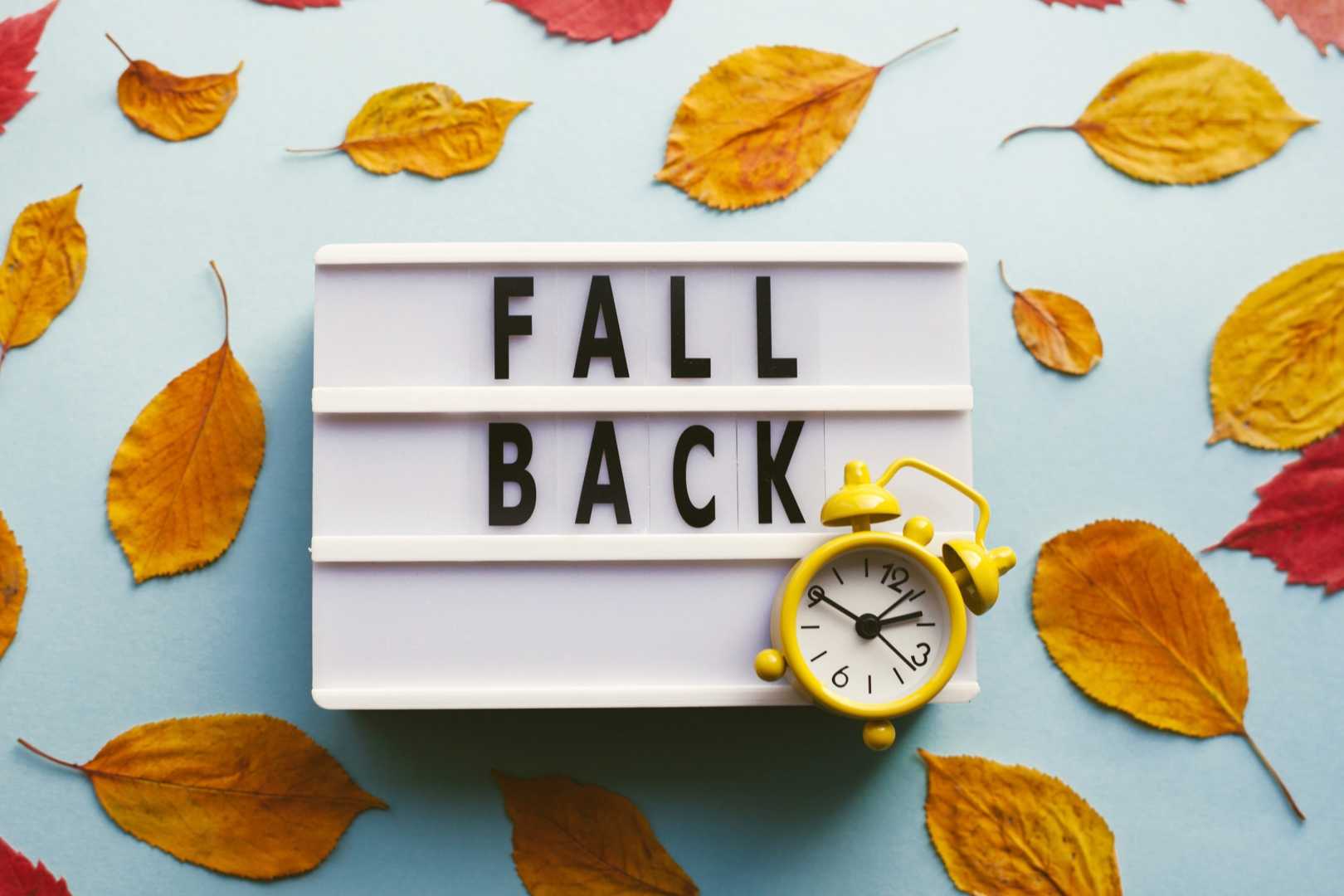News
Daylight Saving Time Ends: What You Need to Know About the ‘Fall Back’ Time Change

This Sunday, November 3, 2024, marks the end of daylight saving time in the United States, a tradition that has been in place since 1918. At 2 a.m. local time, clocks will “fall back” one hour, reverting to standard time. This change means that people will gain an extra hour of sleep, as 1:59:59 a.m. will immediately become 1:00 a.m..
The practice of changing clocks twice a year was initially implemented to conserve energy during World War I. However, it has been a subject of controversy over the years. The Uniform Time Act of 1966 standardized the start and end dates of daylight saving time across the U.S., with adjustments made in 2007 to extend the duration of daylight saving time.
Many Americans express dissatisfaction with the biannual time change. Recent polls and informal surveys indicate that a significant majority of people would prefer to stop changing the clocks altogether. Some argue that the time change disrupts their circadian rhythms and has negative health impacts, including increased heart attacks, strokes, and sleep disruptions.
Hawaii and most of Arizona, along with several U.S. territories such as American Samoa, Guam, Northern Mariana Islands, Puerto Rico, and the U.S. Virgin Islands, do not observe daylight saving time. These regions opt to remain on standard time year-round due to their geographical locations and climate conditions.
There have been legislative efforts to make daylight saving time permanent. The Sunshine Protection Act, which was unanimously approved by the U.S. Senate in 2022, aimed to keep daylight saving time year-round but did not progress in the House of Representatives. Proponents of the bill argue that permanent daylight saving time would have health and economic benefits.
As the clocks fall back, people are advised to adjust their sleep schedules gradually to minimize disruption. Health experts recommend increasing exposure to sunlight during the day, especially in the morning, and limiting intake of alcohol and caffeine to help the body adjust to the new time.












